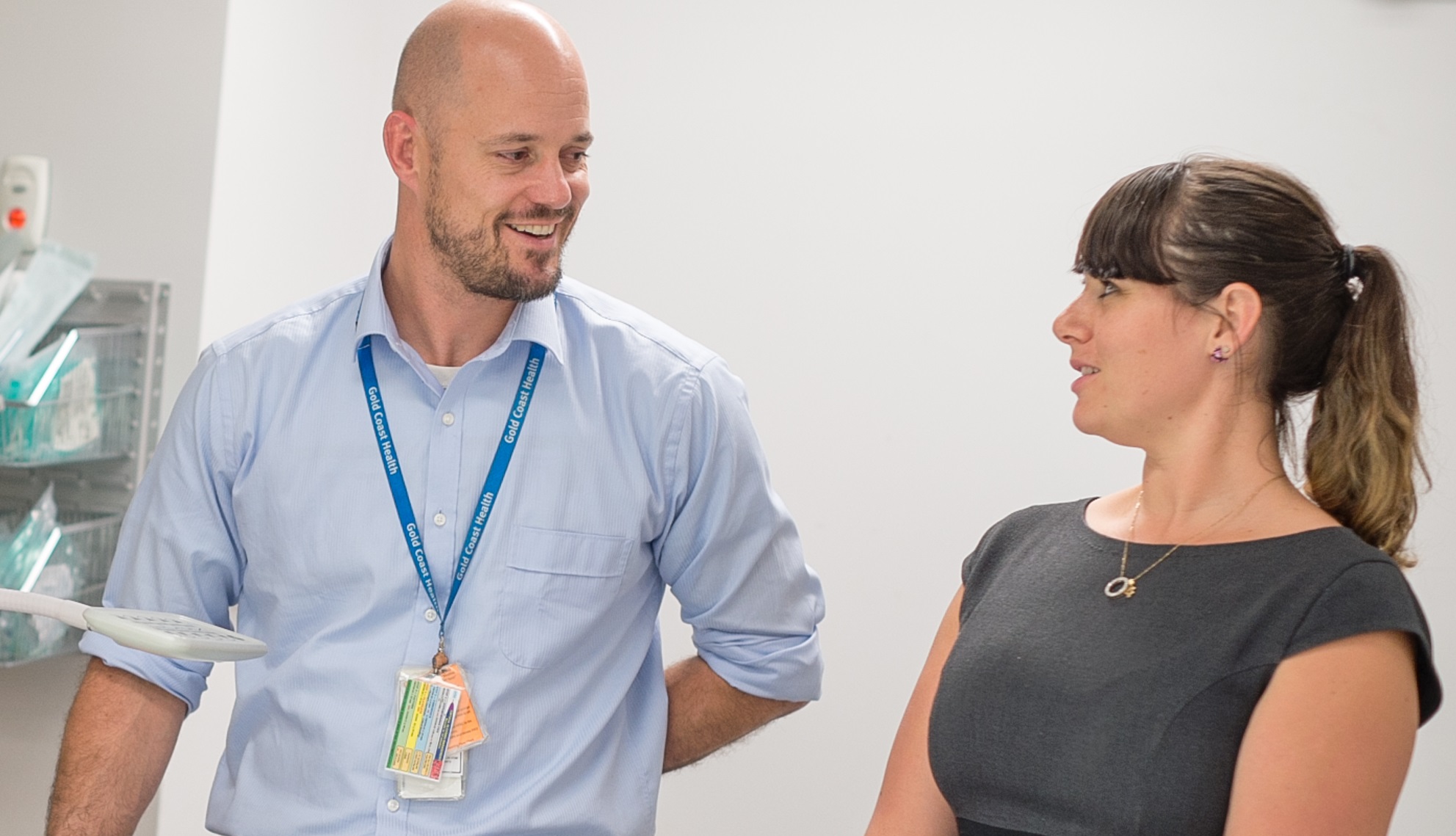
Be part of the solution
April 2021
In emergency healthcare, the contributions, impact and influence of different clinical disciplines driving world-leading research is rapidly growing.
The Emergency Medicine Foundation (EMF) proudly supports the multidisciplinary emergency healthcare workforce on the front-line to improve the system they work in.
EMF does this by investing in research driven by doctors, nurses, allied health professionals, paramedics, rural generalists, emergency specialists and medical trainees, because they are best placed to identify practical solutions and improvements.
It is through innovative, clinician-led research that emergency healthcare services can grow to meet future demands, deliver a better patient experience and outcomes, while also promoting system sustainability.
EMF also helps to raise the profile of emergency medicine research and fosters the transfer of research outcomes into real and practical benefits in medical emergencies, influencing changes in healthcare practice across Queensland, Australia, and globally.
The importance of this work is self-evident. From the introduction of new devices to treat gravely ill babies with bronchiolitis, to new chest pain diagnostic protocols, and a reduction in over-prescribing opioids, EMF-funded projects are actively reducing presentations and transfers to emergency departments, and the length of stay.
The benefits are best described by the clinicians we work with. Recently, EMF Board Chair Dr Kim Hansen, and clinician-researchers Professor Gerben Keijzers and Amanda Harley from Gold Coast University Hospital shared their insights into the importance of EMF support for emergency healthcare research.
SHARE



